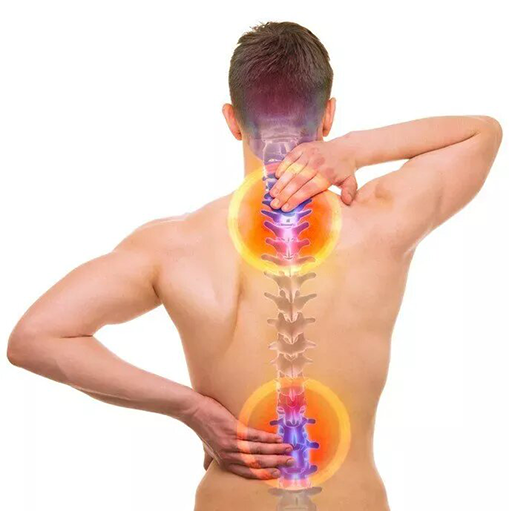Accident clinics are not equipped to handle serious injuries or medical emergencies.
Accident clinics are designed to provide prompt medical care for non-life-threatening injuries and minor medical conditions. They are not equipped to handle more serious injuries or medical emergencies. When faced with a serious injury or medical emergency, it is crucial to seek immediate help from a hospital or call emergency services.
Accident clinics, also known as urgent care centers or walk-in clinics, are focused on providing convenient access to healthcare for non-emergency situations. They are typically staffed by qualified medical professionals such as doctors, nurses, and physician assistants who can address a wide range of minor injuries and illnesses.
These clinics can efficiently handle common ailments like sprains, minor cuts, colds, and infections. They can also provide services such as diagnostic tests, vaccinations, and simple procedures like suturing or splinting. They aim to provide quick and accessible care, often with extended hours and no appointments required.

However, accident clinics have limited resources and capabilities compared to emergency departments in hospitals. They lack the specialized equipment, comprehensive medical support, and advanced life-saving interventions necessary for handling severe injuries or medical emergencies.
In cases of major trauma, severe pain, chest pain, stroke symptoms, severe allergic reactions, difficulty breathing, or other life-threatening situations, it is critical to seek care at a hospital or contact emergency services immediately. These situations require the expertise of emergency medicine physicians, access to advanced imaging and diagnostic tools, and the ability to provide intensive care or surgery if needed.
When faced with a serious injury or medical emergency, calling emergency services such as 911 (or your country’s emergency number) ensures that trained medical professionals and emergency responders will be dispatched to your location. They can initiate life-saving interventions, stabilize the patient, and transport them to a hospital equipped to handle the emergency.
Understanding the difference between minor injuries/illnesses and life-threatening emergencies is crucial in seeking appropriate and timely care. Accident clinics serve as a valuable option for non-emergency situations, providing convenient and efficient care. However, they cannot substitute the specialized resources and expertise available in hospital emergency departments.
It is important to note that some accident clinics may have collaborative agreements or direct connections with nearby hospitals, enabling them to refer patients requiring further medical attention. If a situation arises in which an accident clinic determines that a patient’s condition exceeds their capabilities, they can arrange for transfer to a hospital or contact emergency services on the patient’s behalf.
In summary, while accident clinics are well-suited for minor injuries and non-emergency medical conditions, they are not equipped to handle severe injuries or medical emergencies. In such situations, it is imperative to seek immediate care from a hospital or contact emergency services to ensure the appropriate resources and interventions are available to address the critical nature of the situation.

